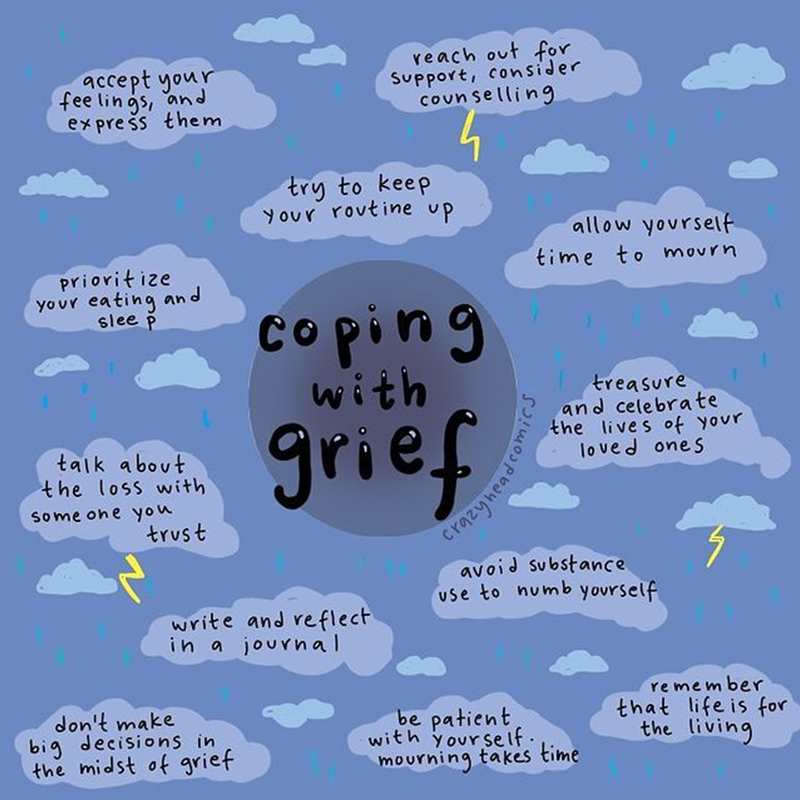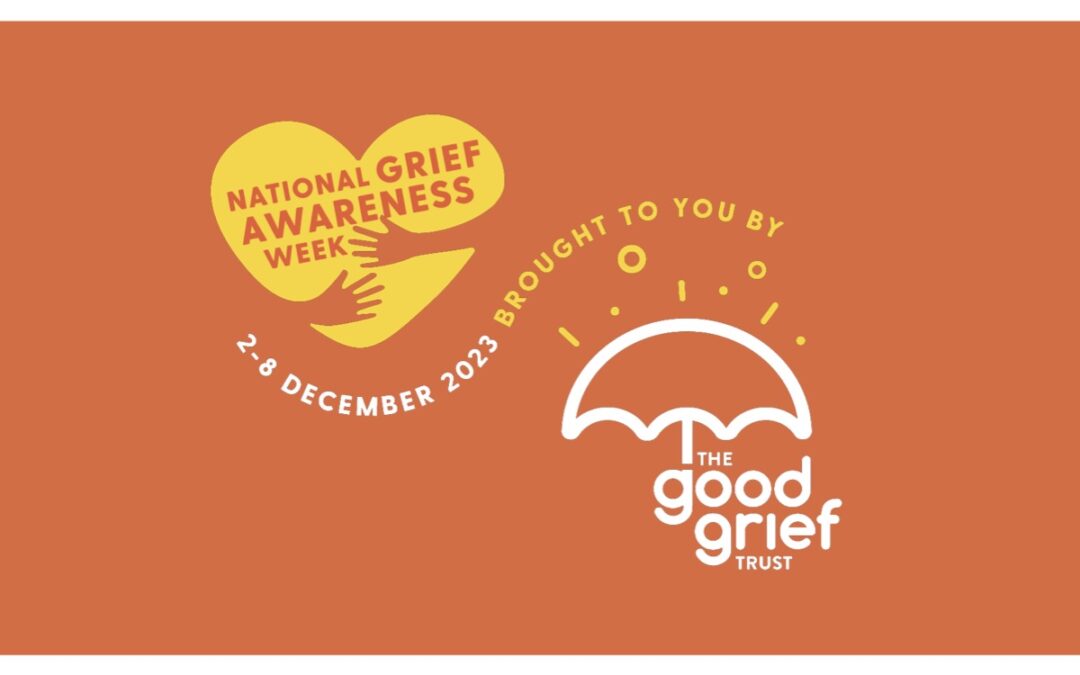National Grief Awareness week will take place this year between 4 and 8 December and the aim of the week is to get people talking about grief and thinking about how we can support people experiencing grief. This year’s theme is about connecting with our community as some people don’t know what services are out there for them and how to get support when they are experience grief.
What is grief?
Losing someone we love and feel close to, or going through a bereavement, can be extremely painful. Grief is our natural response to this loss, and it is a process rather than an event. People may be grieving because:
- someone in the family has died, like a parent, grandparent or sibling
- their friend or someone at school has died
- they have lost someone by suicide
- someone they are close to has become ill
- a pet has died or been lost
Grief will feel different for everyone and there is no right and wrong way to grieve and our feelings will change over time. It is important to look after yourself and do what feels right for you, and it is also important to let other people grieve in their own way. For more information on how people grieve visit the Young Minds website or watch the short video below.
When to get support
It is important that you talk about how you are feeling to trusted adults and friends so that they can support you in a way that you find helpful and allows you to grieve. Sometimes we need a little extra help, such as if our grief is making it hard to et through the day. Here are some signs that you may need to extra support.
- sleeping or eating problems that continue for several months
- skipping school or work regularly
- an unusual lack of interest in personal hygiene
- unmanageable feelings of guilt or anger
If you are experiencing any of these, please speak to a trusted adult. You can get support from your GP and you can also speak to your school nurse via Chat Health
You can visit our bereavement page for more information about local organisations that can support you.
Written by: Natasha Dawe School Nurse




Recent Comments